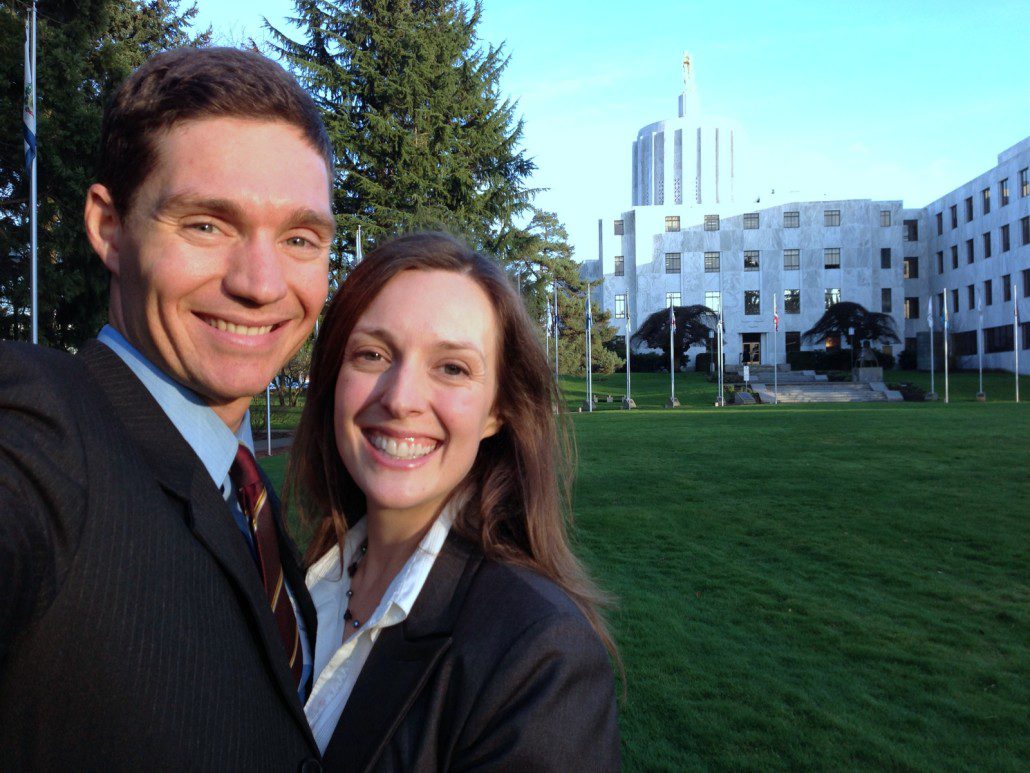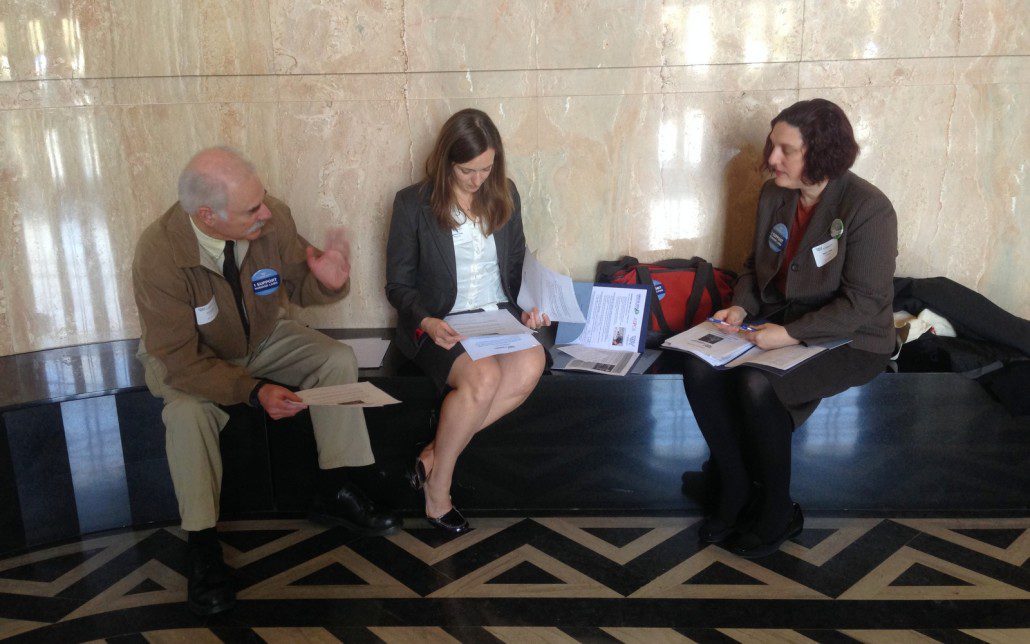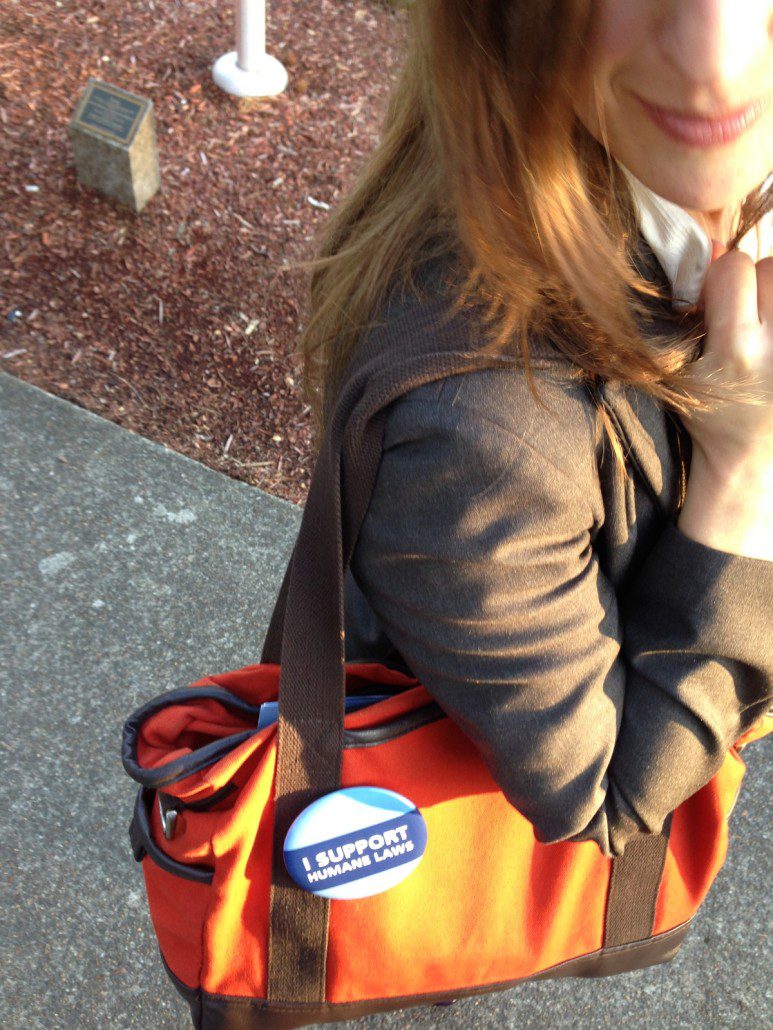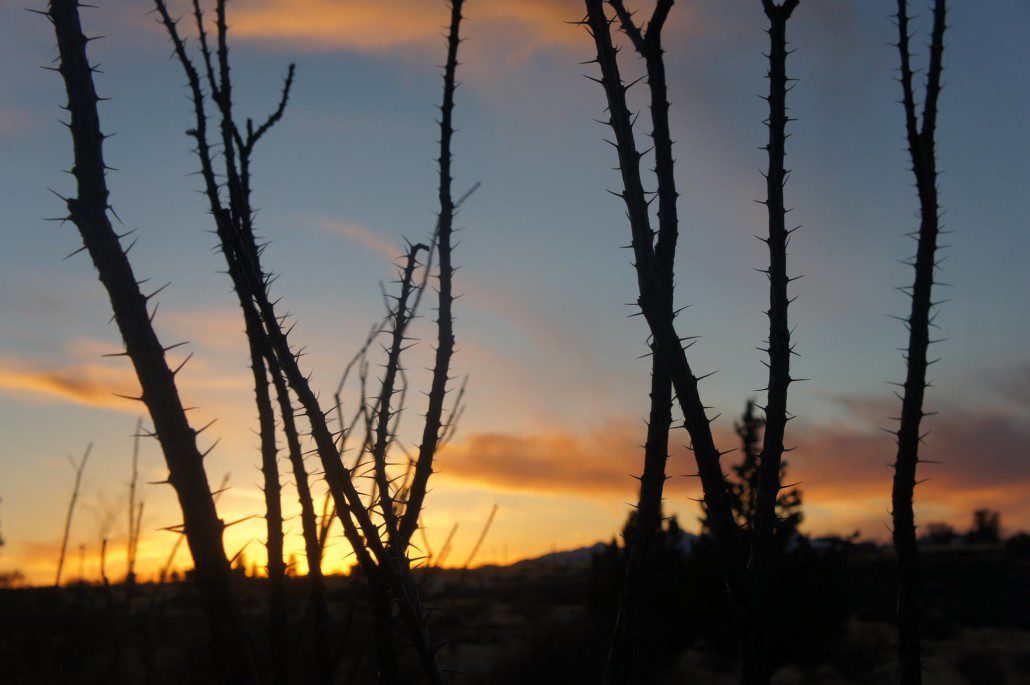Tales From a First-Time Citizen Lobbyist
 It’s easy to be disillusioned with the political process. Corruption in the news, wealthy lobbyists skulking behind every bill, and feeling like my voice doesn’t matter usually adds up to me doing zero. Well, unless you count yearly voting or clicking a couple boxes on a Change.org petition – boom, Three-Second Armchair Activism.
It’s easy to be disillusioned with the political process. Corruption in the news, wealthy lobbyists skulking behind every bill, and feeling like my voice doesn’t matter usually adds up to me doing zero. Well, unless you count yearly voting or clicking a couple boxes on a Change.org petition – boom, Three-Second Armchair Activism.
Which is why it was surprising to find me and Chelsea sitting across the table from our district’s state representative last week telling him what we thought. And having him not only listen, but write stuff down! Instead of a fire-breathing dragon of politics, he was just another guy. No Wizard of Oz mechanical mask, just a handshake and a smile.
We drove the hour from Portland to Salem to let lawmakers know our stance on bills for this legislative session, all related to animal welfare. The important bills to discuss were identified by the Humane Society of the U.S., and we received basic instructions beforehand. Something like, “Ok, we know you’re all quaking in your booties about meeting with your representatives. It’s going to be fine. Just speak from the heart and tell your rep/senator why this issue is important to you.”
There were a few talking points briefly discussed for each bill, but honesty about why we cared was paramount. There was no instruction about which specific bills to cover in our meetings, simply to get in there and speak from the heart.
We met with Representative Rob Nosse and Senator Diane Rosenbaum’s office (after a brief discussion with us, the senator left to deal with the Governor Kitzhaber debacle – he resigned the next day). In quick meetings, the bills we focused on aimed to:
- Ban the sale of ivory at the state level. It’s currently illegal at the federal level, but once the ivory is smuggled in, states can’t enforce it. At the current rate of poaching, an elephant is killed every 15 minutes, which means they’ll be extinct in 10 years. Plus, considering their deaths fund terrorist organizations who sell the ivory on the black market (to the tune of $7-$10 billion per year!), this one is a no-brainer.
- Illegalize greyhound racing once and for all in Oregon. The last track in operation shut down in 2004, but it’s still legal here, even though 39 other states don’t allow it. It’s a horrible existence for the dogs. Hasta la vista.
- Illegalize the practice of landlords requiring their tenants to devocalize their dogs (cut out vocal cords) and declaw cats (cut off tips of their paws). Apparently it’s a common practice in Oregon!?
- Close a loophole for pet stores (such as Hannah the Pet Society) that use a leasing model, rather than direct sale, for their pets. Oregon has some of the toughest anti-puppy mill legislation in the country and requires pet stores to disclose where their animals come from and stops breeders from raising their animals in awful conditions, but Hannah dodges the law by leasing pets.
- Continue to illegalize the hunting of cougars using packs of dogs equipped with radio collars. Here’s the process this stops: hunter sits in truck/camp. Dogs chase cougar to tree, where cougar fights (and rips dogs up) before scrambling up tree. When dogs rear up on the base of the tree, radio collars notify the hunter, who sets down beer, heads to tree, and shoots cougar. WTF? So LAME. Not just that, Oregon citizens have decisively voted this down twice before on the grounds of it being inhumane and unsporting.
During both meetings, I was struck by the piles of information lawmakers absorb daily. We were one 15-minute snippet among many in their day. Dozens upon dozens of new bills launch each year, but the bill itself is just the peak of a mountain poking out through the clouds. Getting a bill to the summit involves slogging through committee scree fields and sorting through a wall of noisy data to cast an educated vote. I can’t imagine how difficult it is to be in a representative or senator’s shoes and make informed decisions (about subjects they perhaps know nothing about) that are true not only to their own values, but the wishes of their constituents.
Visiting Oregon’s capitol building drove home the fact that real people are making decisions every day that matter. Rather than the noisy tumult of the Interwebs, sitting down as a first-time citizen lobbyist with lawmakers who decide our state’s trajectory made me feel like my voice was heard. I wasn’t a paid lobbyist or a business trying to advance my own agenda. I was there speaking out for defenseless animals who are taken advantage of every single day. It felt good to put myself out there, state what I felt and why it mattered to me, and have the people who represent me look me in the eye and listen.
We don’t have a perfect political process (by any means). It would be easy to get distracted, stick my head in the proverbial sand, sign another online petition, and let other people “sort things out”. However, as a wise person once said, you either stand for something or die for nothing. I’d rather practice the former, even when it makes me uncomfortable. I encourage you to give lobbying a shot next time an issue you care about is coming up for a vote. Call the people who represent you and make an appointment. Tell them your thoughts and why you care. It’s empowering, surprisingly fun, and an experience I won’t forget.
At the end of our meeting with Rep. Nosse, he said, “I’m a labor and jobs guy, so I don’t know much about animal welfare issues. I appreciate you coming in and bringing me up to speed.”
Thanks for a great visit, Salem. We’ll be back.








